In today’s interconnected world, where goods and services flow across borders seamlessly, currency exchange rates play a crucial role in shaping everyday life.
Whether planning a vacation abroad, shopping online from international stores, or even sending money to a relative overseas, these rates directly affect your financial decisions.
Understanding how they work and what factors influence them can empower individuals to make informed choices and navigate the complexities of the global economy.
What Are Currency Exchange Rates?
Currency exchange rates determine the value of one currency in terms of another. For instance, if you’re in the United States and want to buy something priced in euros, you’ll need to exchange your dollars for euros at the prevailing exchange rate. This rate fluctuates constantly due to various factors, including economic indicators, geopolitical events, and market sentiment.
How Exchange Rates Impact Travel and Tourism
Imagine planning a dream vacation to Paris. You’ve saved up for months, but suddenly, the exchange rate between the US dollar and the euro shifts unfavorably. It means your dollars will stay within Europe, impacting your accommodations, dining, and sightseeing budget.
Conversely, a favorable exchange rate could make your vacation more affordable and enjoyable. Thus, keeping an eye on exchange rates before traveling can significantly influence your overall experience abroad.
The Role of Exchange Rates in International Trade
Beyond travel, exchange rates play a crucial role in international trade. Consider a small business owner in Canada who exports maple syrup to the United Kingdom.
Fluctuations in the CAD/GBP exchange rate directly impact the profitability of each transaction. A weaker Canadian dollar relative to the British pound might increase export sales as Canadian products become cheaper for UK buyers. Conversely, a stronger CAD could reduce competitiveness in foreign markets.
Impact on Consumer Goods and Online Shopping
In today’s digital age, online shopping knows no borders. Consumers worldwide can browse and purchase products from global retailers with ease. However, currency exchange rates can affect the final price consumers pay.
For example, if a gadget costs 100 euros and the exchange rate is 1 EUR = 1.6 USD, the item would cost $160. If the exchange rate changes to 1 EUR = 1.8 USD, the same gadget would cost about $180, making it more expensive for US buyers.
The Influence of Central Banks and Economic Policies
Central banks, such as the Federal Reserve in the United States or the European Central Bank, are critical in influencing exchange rates through monetary policies.
Actions like interest rate adjustments or quantitative easing can impact a currency’s value. Investors and financial markets closely watch these decisions, as they can signal future exchange rate movements and economic trends.
Practical Tips for Navigating Currency Exchange Rates
- Monitor Exchange Rate Trends
Individuals can track exchange rate trends over time using reputable financial websites or apps. This information helps in timing purchases or money transfers to maximize value.
- Consider Currency Exchange Fees
Banks and currency exchange services often charge fees or offer different rates than the mid-market rate (the rate you see on financial news). Comparing these costs can save money when exchanging currencies.
- Plan for Travel or Purchases
For travelers, researching exchange rates well in advance and considering options like prepaid travel cards or local currency withdrawals can minimize costs abroad.
- Diversify Investments
Investors may diversify their portfolios by holding assets denominated in different currencies. This strategy can hedge against exchange rate risk and potentially enhance overall returns.
Conclusion
Currency exchange rates are a fundamental aspect of global economics that impacts individuals and businesses daily. From travel expenses to international trade and online shopping, understanding these rates empowers people to make savvy financial decisions. By staying informed, monitoring trends, and considering the broader economic context, individuals can effectively navigate the complexities of currency exchange rates. In an increasingly interconnected world, financial literacy regarding exchange rates is more valuable than ever.
As you navigate your financial journey, remember that exchange rates are not fixed and can fluctuate based on numerous factors. By staying proactive and informed, you can leverage exchange rate movements to your advantage and mitigate potential risks. Whether you’re planning your next vacation, making an international purchase, or managing investments, the impact of exchange rates on everyday life underscores the importance of financial awareness and preparedness.






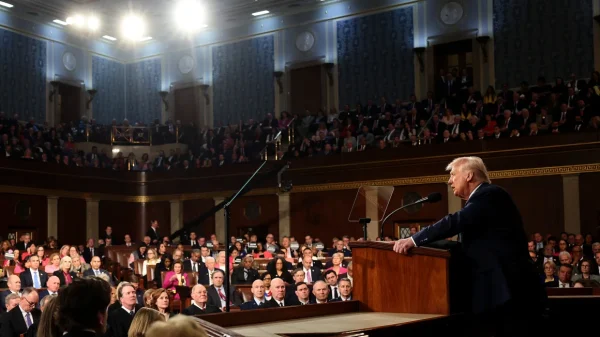








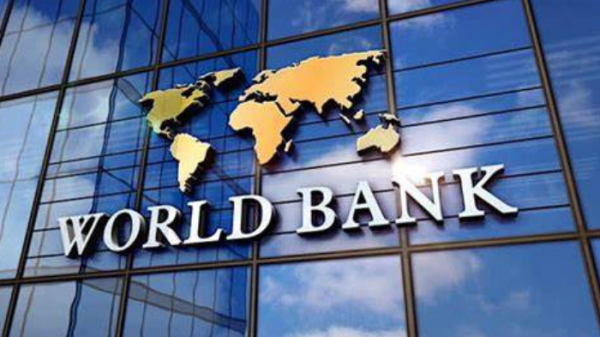


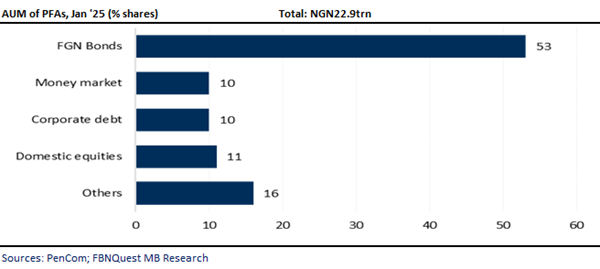






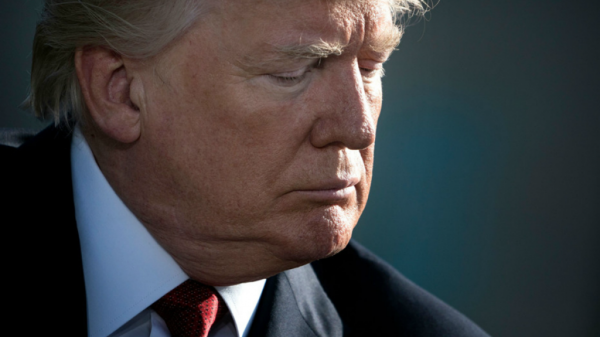



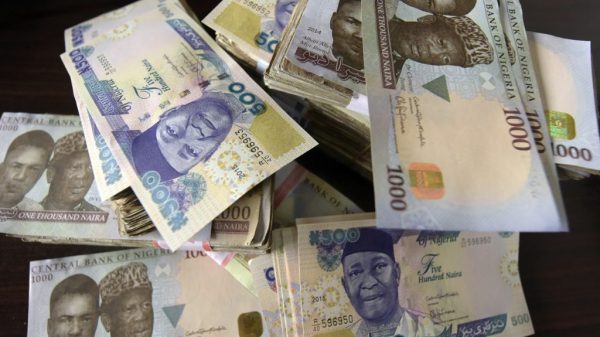



























Pingback: The Struggles of Nigeria's Mining Sector: An In-Depth Look - KSBC Journal
Pingback: FG Seals $3.5B Deal with Afrexim for Textiles, CNG Vehicles; Cooking Gas Prices Soar 70% - KSBC Journal